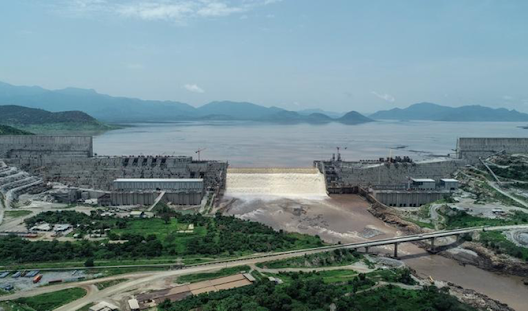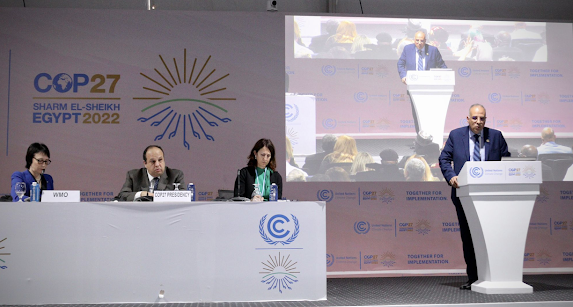Blog 2: Initial Thoughts on Water and Politics Continued
Initial Thoughts on Water and Politics Continued
As I have continued to read on the topic of Water and Politics, I realise the inherent assumptions in my previous blog post. My main question was 'how do you develop as a society if you do not have the appropriate water sources, while there is an inability to increase to improve water sources due to the lack of development in your society?' My argument misses out on a key piece of information: while countries may be considered 'developing', their governments always have a money tree. Secondly, my question and thought process was not nuanced enough - I should have outlined specific 'water sources' that attract financial investment and increase development throughout a country. For example, many developing countries rely on agriculture for their livelihoods; therefore, many must rely on irrigation to some extent. The question is more about, do they have the development required for large-scale infrastructures tied to development processes such as dams. This question has two answers, the first being: not all large-scale infrastructures increase development levels. The second is politics.
I came to understand this when reading Tawfik, R. (2016) 'Reconsidering counter-hegemonic dam projects: the case of the Grand Ethiopian Renaissance Dam', Water Policy, 18, 1033-1052. While the article gives some validity to my question, noting that 'Ethiopia lacked the political, diplomatic, institutional, technical and economic capacity to implement' a project as large as the GERD (image below), the ability for such a development project was aided via political means. For example, not only did Ethiopia acquire support from the Sudanese for stronger support against Egypt (who had the majority of control over the Nile), Ethiopia proposed the GERD plan as political strife raged in Egypt. This was obviously a clear tactical move on the political chessboard as it delayed Eygpt's response to the water source they believed to have more rights over. And so, to answer my question from the first blog post and aid this blog development, I can say: the answer is always political - no matter the lack of finances, development or level of democracy, there is always a political game to be played in the water world.


You have demonstrated a reasonable grasp of water and political issue, and shown evidence of some relevant reading but your referencing did not follow the suggested format.
ReplyDelete